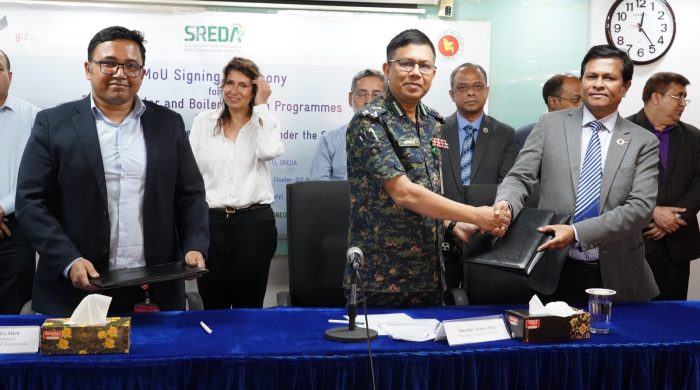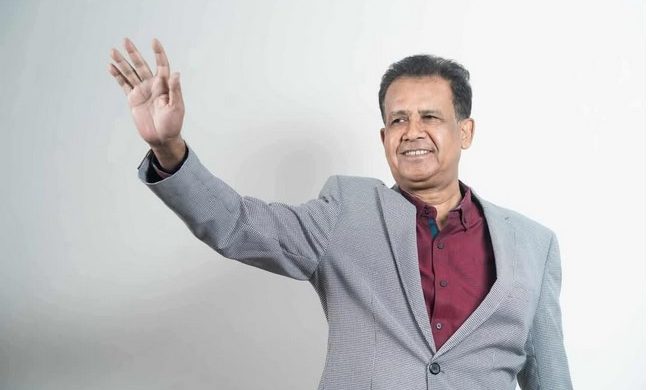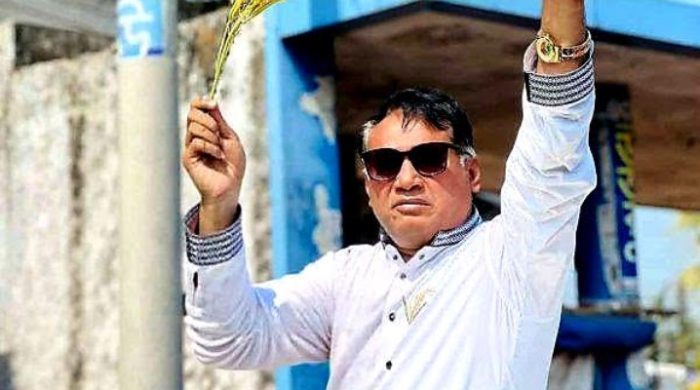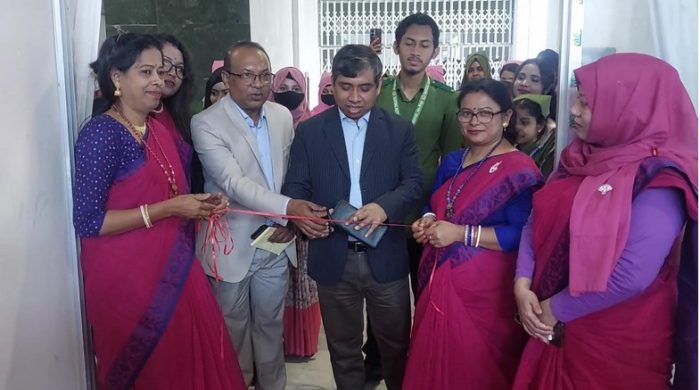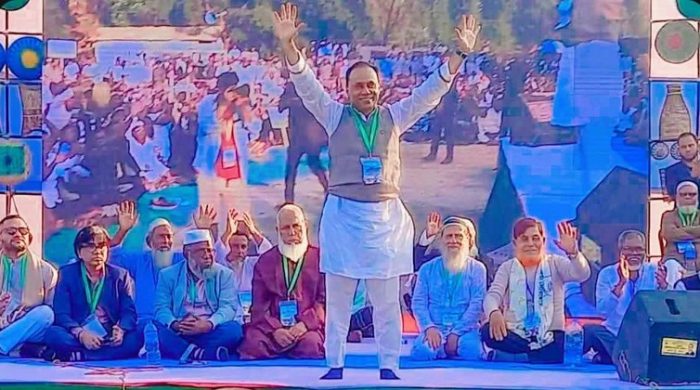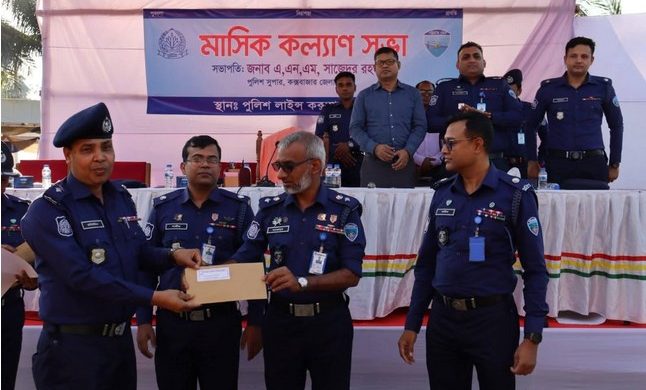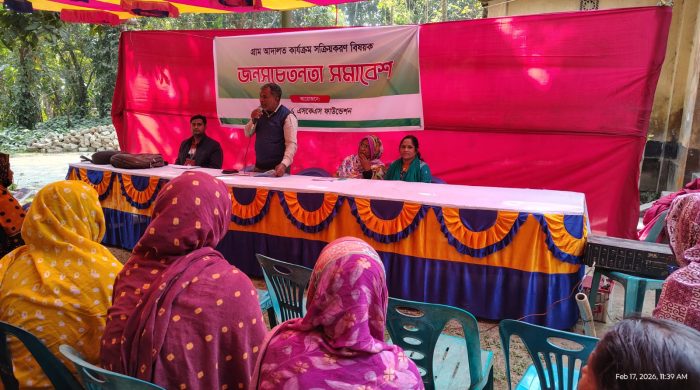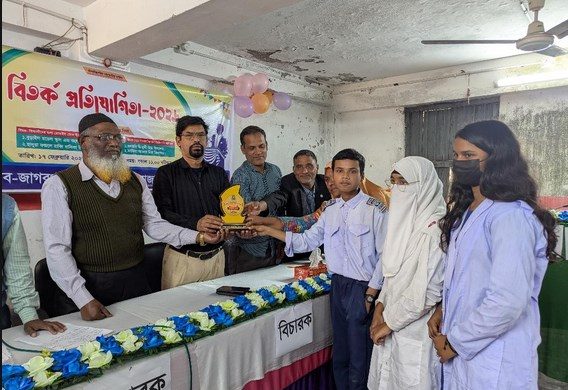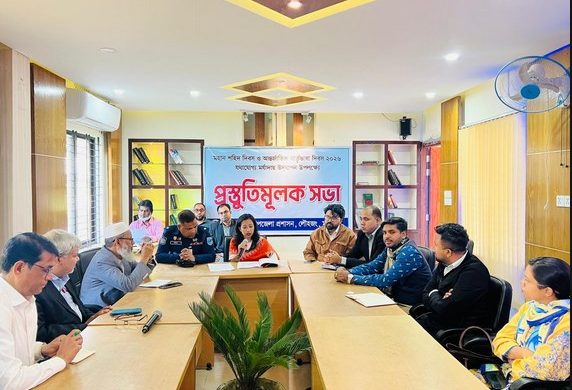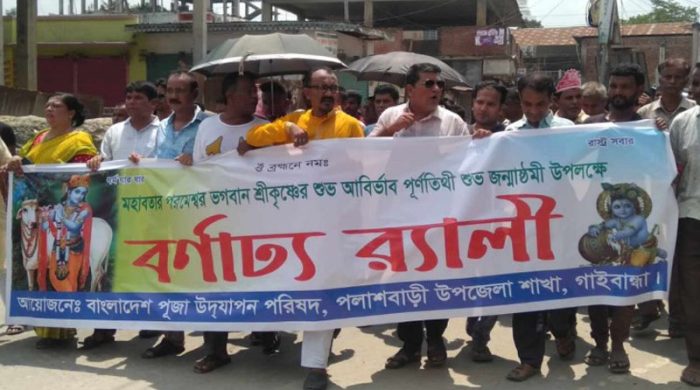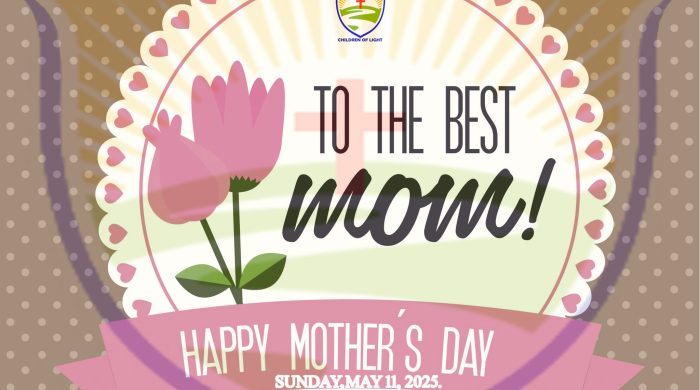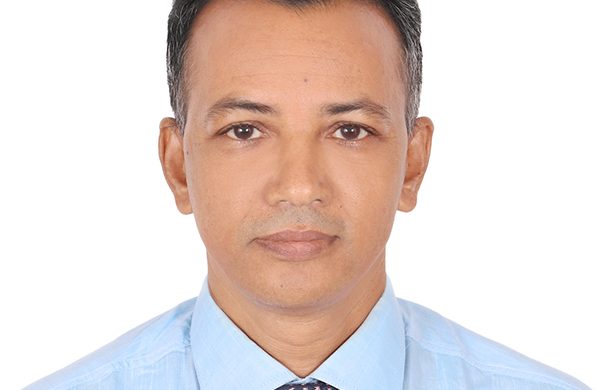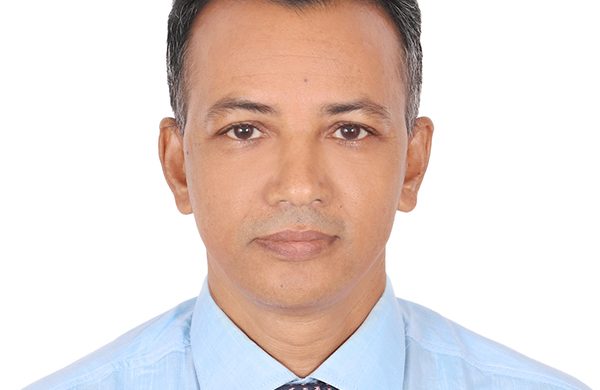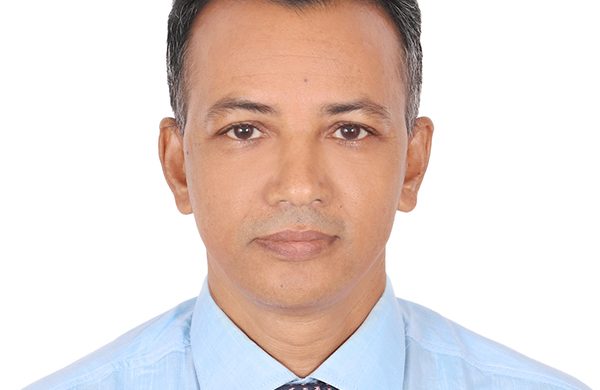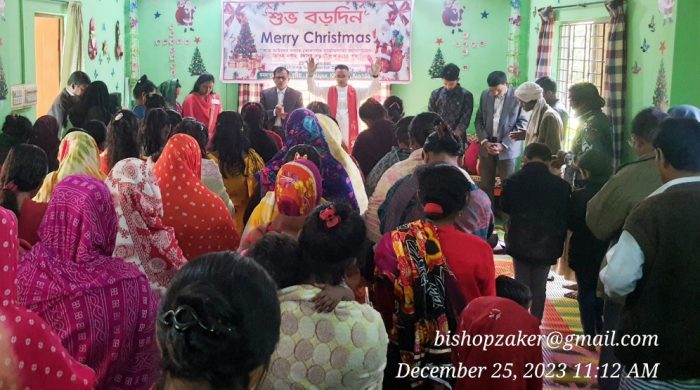Bangladesh apparel industry leaders embrace sustainability agenda at SAF 2024

Towards ensuring a sustainable and competitive apparel industry in Bangladesh and beyond, the Sustainable Apparel Forum (SAF) 2024 has emphasized promoting decent work that focuses on a more ethical, equitable and environment-friendly industry.
The Bangladesh Apparel Exchange, in partnership with ILO-IFC Better Work Bangladesh and in collaboration with GIZ and WaterAid, organized the SAF 2024 in the capital today and convened government officials, industry leaders, and national and international partners to chart a path towards a more ethical and environmentally conscious future.
As the second largest RMG exporter with over four million people employed in the sector, Bangladesh plays a critical role in the global apparel supply chain, said a press release.
The SAF 2024 was designed to bring together industry stakeholders this year to foster dialogue, share best practices and drive action towards a more sustainable future in the apparel sector.
The forum started with an opening session and a discussion on “Vision Bangladesh | 2024 and Beyond: Sustaining Achievements and Competitiveness of the Apparel Industry,” highlighting Bangladesh’s ambitious vision to solidify its position as a global leader, while addressing emerging challenges.
In his opening remarks, Salman Fazlur Rahman, Private Industry and Investment Adviser to the Prime Minister, emphasized the industry’s critical role in the country’s economic growth and underscored the importance of continuous innovation and sustainable practices.
“The apparel industry is pivotal in Bangladesh’s economic growth and development. However, to sustain this momentum, we must prioritize sustainability and ethical practices,” he said.
Avijit Chowdhury, executive member (Additional Secretary) of Bangladesh Investment Development Authority (BIDA), emphasized the importance of development cooperation in achieving sustainable growth.
He reflected, “Collaboration between government, industry, and international partners is essential to address the apparel industry’s challenges and drive meaningful change.”
Highlighting the role of international cooperation, Charles Whiteley, Ambassador and Head of Delegation of the European Union to Bangladesh, reaffirmed the E.U.’s commitment to supporting Bangladesh’s efforts towards sustainability.
“Development cooperation plays a crucial role in promoting ethical practices, environmental conservation, and social inclusion within the apparel industry,” Whiteley noted.
At the heart of the Sustainable Apparel Forum (SAF) 2024, lies a commitment to promoting decent work and sustaining achievements and competitiveness within the industry.
Tuomo Poutiainen, Country Director, ILO, emphasized the importance of creating safe and dignified working conditions for all workers.
“Decent work is fundamental to sustainable development. By prioritising fair wages, safe working environments, and opportunities for career advancement, we can ensure the well-being of workers and the long-term success of the industry,” Poutiainen said.
Miran Ali, Vice President of the Bangladesh Garment Manufacturers and Exporters Association (BGMEA), stressed the need for sustainability to remain competitive in the global market. “Sustainability is not just a moral imperative; it’s also a business imperative. By adopting eco-friendly practices and ethical standards, we can enhance our competitiveness and secure a prosperous future for the industry,” he added.
Providing a voice for workers, Mesbahuddin Ahmed, President of the National Coordination Committee for Workers’ Education (NCCWE), called for greater empowerment and representation. “Workers are the backbone of the apparel industry. It’s crucial that their voices are heard, and their rights protected,” Ahmed said.
Amirul Haque Amin, President of the IndustriAll Bangladesh Council, said, “Tripartism, coupled with the involvement of international buyers, is very important for fostering harmony and sustainability within the apparel industry.”
“Through collaboration and innovation, we’re shaping a future where sustainability and competitiveness go hand in hand in Bangladesh’s apparel industry,” said Mostafiz Uddin, Founder & CEO of Bangladesh Apparel Exchange.
Starting in the morning, SAF 2024 included nine sessions with keynotes, presentations and plenary sessions on Vision Bangladesh 2024 and Beyond; Behind the Seams: Decent Work Conditions and Livelihood in the RMG Industry: Perspectives on the Roles of Women Workers and Supervisory Practices; Future Opportunities in Sustainable Innovation; Sustainable use of Water in the Apparel Sector: Challenges, Opportunities and Ways Forward; Energy Sustainability: Navigating the Transition for Apparel and Textile Manufacturing in Bangladesh.
More than 500 people joined the forum. Ten booths from the ILO-IFC Better Work Bangladesh programme showcased the apparel industry’s good practices, depicting the core areas of services: assessment, advisory and training.
As the SAF 2024 concluded, stakeholders were urged to translate discussions into concrete actions. With recommendations ranging from enhancing worker empowerment to promoting sustainable practices, the forum set the stage for a transformative journey towards a more ethical, equitable, and environmentally sustainable apparel industry in Bangladesh and beyond.
-BSS.





